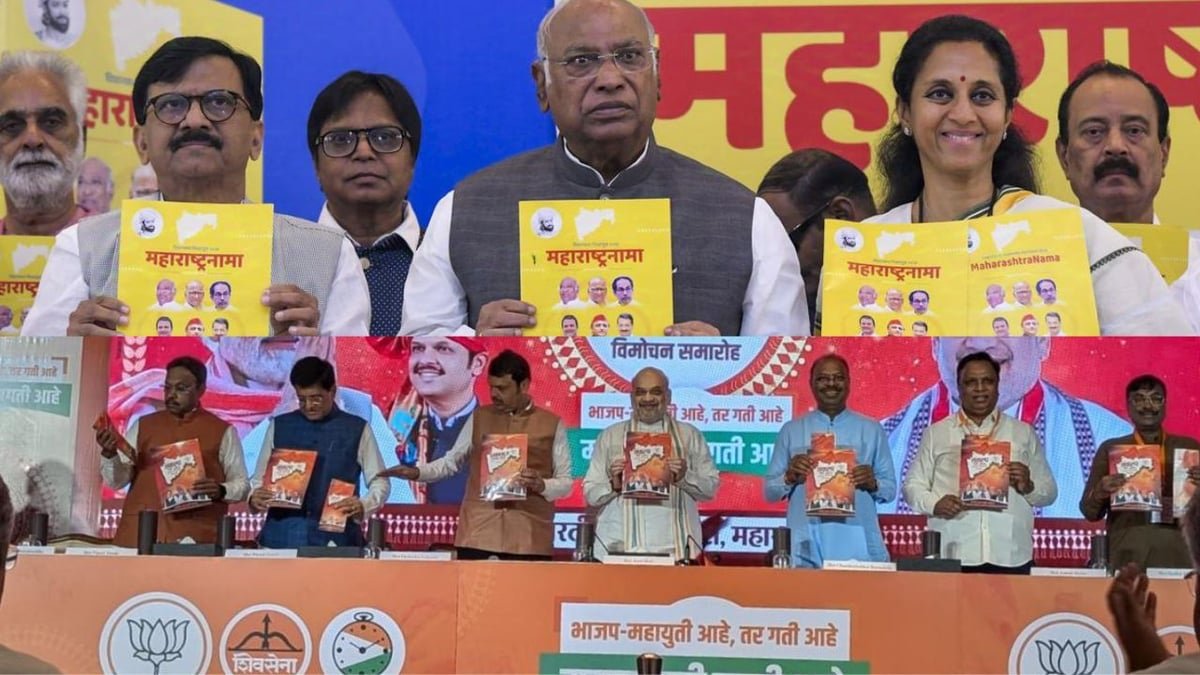We often have a myopic view of contemporary events and personalities. Our short-sightedness is also often evident in our assessment of people and events. When we are asked to name the greatest leaders, sportsmen or actors in history, we tend to think of contemporary figures and forget the past. Only scientists and writers seem to avoid this curse of being forgotten, because their work is immortalised or has laid obvious foundations for further progress, the fruits of which we enjoy today. The apocryphal story was, when Henry Kissinger asked Mao Zedong what he thought of the French Revolution, he replied, “It is too early to tell!” It is difficult to assess the real and long-term impact of contemporary events. Donald Trump’s emphatic re-election and his seeming resolve to mark a radical departure from the past could well be a defining event in the modern era, or it could be a passing phase.
Trump’s victory is astonishing in many ways. At 78, he is the oldest president-elect in the US. As he never tires of reminding us, he is only the second president in US history to be elected for two non-sequential terms. Only Grover Cleveland was elected for two non-sequential terms in 1884 and 1892, a full 132 hours before Trump. Trump is the only president re-elected after being impeached by the House of Representatives. In the 36 years since 1988, he is only the second Republican candidate in nine elections for presidency who obtained a plural majority of votes; George Bush Jr. was the only other candidate in 2004. Donald Trump did not merely win; he reshaped the American political landscape and transformed the Republican party.
The American people have spoken, and we in the rest of the world have no say in it. But when America catches a cold, the world sneezes. The US is by far the world’s largest economy, accounting for a quarter of global output. The US military prowess is unmatched, and its innovation unparalleled. Even more than the real impact, the US influence on global culture, attitudes and institutions has been profound for over a century. Therefore any tectonic shift in American politics has global implications and we should be prepared for them. Trump’s impact could be benign or cataclysmic, and transient or lasting. Much depends on whether the reckless rhetoric, demagoguery and convulsions of the campaign will be replaced by the moderation and tedium of governance, or the extreme ideas are translated into radical policies and rash actions. At this point of time, the jury is out. The cabinet picks indicate both reckless abandon of past precedents and settled principles, and a degree of moderation and sobriety.
A Trump presidency could have both positive and baleful impact on the world. The potential positive impact first. His emphasis on limited government, curbing waste and removing needles regulation may well influence other countries. In India we still have the propensity of enlarging the government’s role and undermining market competition and consumer choice, and promoting waste and corruption. Being still a relatively low-income country, our government expenditure accounts for about 27% of GDP. But sadly, much of it is wasteful with bloated bureaucracy, poor delivery and ubiquitous corruption. Our Government fails to perform its core functions, but acts as an obstacle to innovations, investment and competition by needless regulation. We could do with a dose of fresh thinking and redefining, restructuring and decentralising government.
If Trump’s nominee for Health Secretary curbs his unscientific and irrational vaccine denialism, and focuses on curbing junk foods, adulteration, obesity and diabetes, the world could benefit. India is emerging as the diabetic capital of the world. Junk foods, pesticide residues in food, excessive use of antibiotics in medicines and animal husbandry, high alcohol consumption and imbalanced nutrition are causing enormous harm to our health. If the US commitment to ending wars, promoting peace and focusing on prosperity is enduring, and if it is based on fairness and respect for national sovereignty and human rights, then the world may still benefit. We all have enough on our plate addressing challenges in our respective societies, and do not need distraction of wars and disruption of supply chains.
But the potential for frightening global consequences of Trump’s policies is real and imminent. Imposition of high tariffs and dislocation of the labour market on account of mass deportations will lead to high inflation in the US, which will increase interest rates and disrupt economies world over. Global trade will suffer, and some estimates say that the world economy may lose 7% of global production. Perhaps the most enduring and damaging impact will be on energy transition. Our deep concern for global warming and carbon emissions, coupled with technological breakthroughs in renewable energy have propelled a massive shift in the energy sector. If America, instead of leading the effort to decarbonise the global economy becomes the leader of counter-revolution, it will be a severe setback, affecting generations. Finally, American examples of democracy, accountability and citizenship are important influences in promoting freedom. If America falters in upholding democratic institutions and practices, and if civilised and reasoned debate and quest for compromise become casualties, it will act as a dampener on democracies and legitimise arbitrariness and authoritarianism.
As the Persian adage says, this too shall pass. Let us hope that the political convulsions in America will lead to fresh thinking and creative disruption, not mercantilism, atavism and reckless destruction.
The author is the founder of Lok Satta movement and Foundation for Democratic Reforms. Email: drjploksatta@gmail.com / Twitter @jp_loksatta




